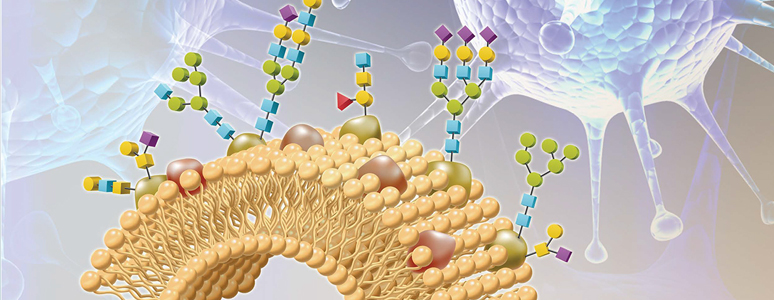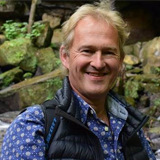
How To Profile & Characterize Different Glycan Populations
Email alerts
Free registration
Chat area
Certificate of attendance
Glycosylation is an important and diverse post translational modification on proteins. On therapeutic proteins the glycan structure effects efficacy and safety and so must be characterized. The diversity of the glycan population varies between proteins and this should be taken into account when developing analytical methods.
In this webinar we will present:
- Sample preparation options for released and labelled glycans
- HILIC and mixed mode glycan separation column technologies and their practical implementation
- Alternative high resolution mass spectrometry options for glycan analysis
- Matching the glycan population complexity to the analytical method chosen
Thermo Scientific has over 20 years of innovations and publications around the separation of glycans. Join our webinar to learn how mixed mode GlycanPac and Accucore amide HILIC columns can optimize and enhance your glycan separations.
For more information, please contact us at [email protected]
Presented by

Dr. Ken Cook
Dr. Ken Cook is a bio-separations expert who began his career in as a biochemistry lecturer focused on protein chemistry and metabolism.
In well over 30 years of industry experience, Ken has covered a variety of analytical equipment, initially using HPLC, ion chromatography, SFC and capillary electrophoresis to develop new methods of analysis, including publications in a number of diverse fields. Currently, his role involves the support of Bio-Pharmaceutical applications to characterise protein and oligonucleotide-based bio-therapeutics as well as peptide mapping by LC/HRMS and charged variant analysis including novel coupling to MS. Recently, glycan analysis, aggregate analysis, on-line process monitoring and gene therapy characterisation is a growing interest.



